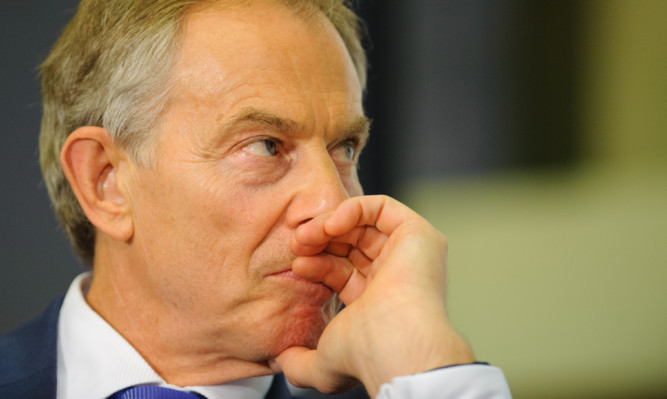Former prime minister Tony Blair has admitted his government made a “mistake” by failing to do enough to ensure that devolution of powers to Scotland and Wales did not undermine the United Kingdom’s national identity.
Mr Blair insisted that he still believes he was right to create national assemblies in Edinburgh and Cardiff in 1999, arguing that resisting demands for the devolution of power would have stoked up demand for outright independence.
But in a new book entitled British Labour Leaders, he acknowledged that did not understand at the time the importance of maintaining cultural unity between the different parts of the UK.
Interviewed by the book’s editors, former cabinet minister Charles Clarke and University of East Anglia politics lecturer Toby James, Mr Blair said: “I did feel that we made a mistake on devolution.
“We should have understood that, when you change the system of government so that more power is devolved, you need to have ways of culturally keeping England, Scotland and Wales very much in sync with each other. We needed to work even stronger for a sense of UK national identity.
“But I don’t accept the idea that we should never have done devolution. If we had not devolved power, then there would have been a massive demand for separation – as there was back in the 60s and 70s.”
* British Labour Leaders is published by Biteback Publishing on September 8.
